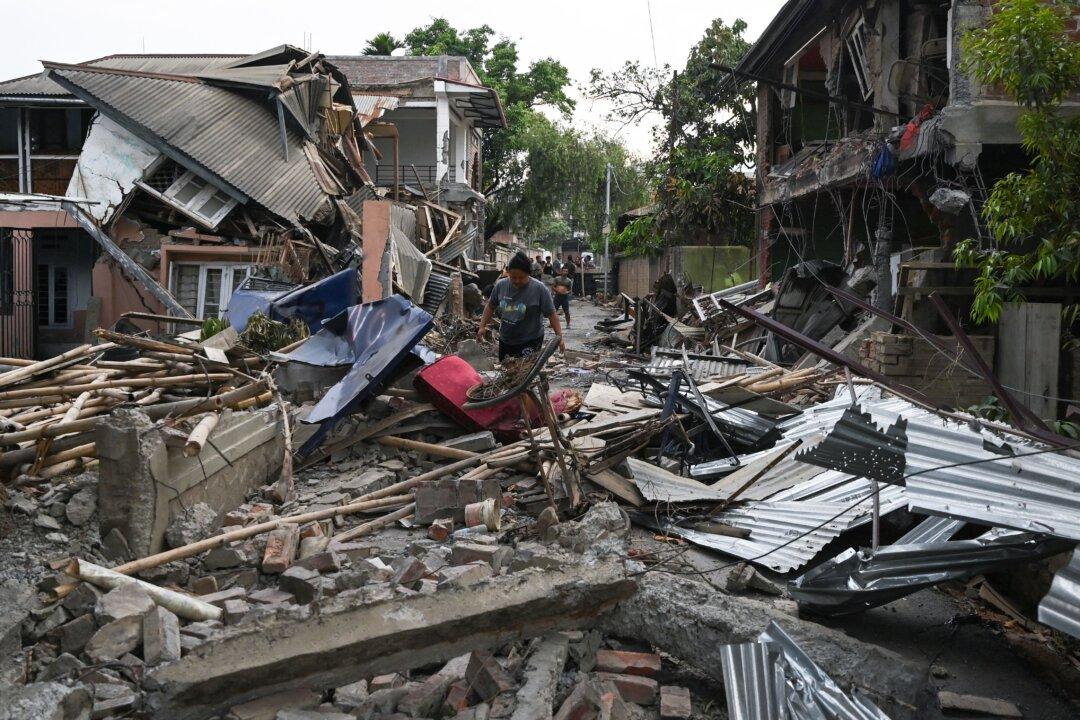NEW DELHI—India is witnessing record violence in Manipur, a state bordering Burma, also known as Myanmar. The situation has come to a head, as India’s parliament authorized a vote of no-confidence in Indian Prime Minister Narendra Modi over his reaction to the crisis.
Burma’s extremist groups and displaced civilians, under the heat of the country’s civil war, are infiltrating India and destabilizing the border state, experts say. The situation worsened after the military junta took over in 2021 and began counter-insurgency operations.





